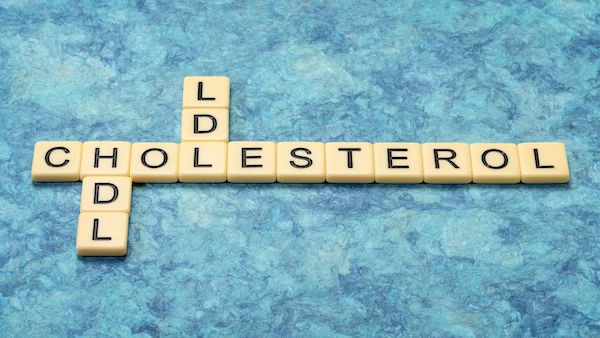- Male
- 24 Years
- 29/01/2025
I'm a little worried because my Perfusion Index (PI) is consistently over 20, sometimes hitting 21, when I check my oxygen saturation with my oximeter. My saturation level is normal, between 95 and 99, and so is my heart rate. But I'm not sure if a high PI is indicative of any serious health conditions, or if it's a sign that the oximeter might be inaccurate. Could you provide some guidance on whether a high PI should be a concern, or if it's something I shouldn't worry too much about?
More Cardiology Health Queries
View allI've been having some weird issues with my heart rate. Like, even when I'm just resting, it's going over 100, and if I take a few steps, it jumps to about 150 and stays like that for 2-3 hours. My blood pressure's kind of off too, hovering around 13080, but sometimes the bottom number goes up to 85 or so. I get tired for no reason, and theres some pain in my left arm and leg if I walk a bit. I also get headaches and find myself out of breath after exercising, though not all the time. I got an ECG done, but I'm not sure what to make of it. Could you help me figure out whats going on or suggest what I should do next?
Based on your symptoms and ECG report, it appears that you may be experiencing tachycardia (fast heart rate) and possible signs of heart disease. The elevated heart rate, fluctuating blood pressure, fatigue, left arm pain, leg pain, headache, and shortness of breath after exercise are concerning symptoms that warrant further evaluation. I recommend that you consult with a cardiologist for a thorough evaluation and appropriate management. In the meantime, you can start taking a beta-blocker medication like Metoprolol (25-50mg) to help control your heart rate and blood pressure. Additionally, you should make lifestyle modifications such as regular exercise, maintaining a healthy diet, and managing stress to improve your overall cardiovascular health. It is important to follow up with a cardiologist for further testing and treatment recommendations based on your specific condition.
Answered by 1 Apollo Doctors
I'm trying to understand if a pulse pressure of 110 over 80 is considered normal for an adult, or if it's something I should be concerned about. Is that a low pulse pressure? And what steps can I take to maintain a healthy pulse pressure?
it is abnormal, high pulse pressure causes include aging, aortic regurgitation, pagets disease,hyperthyroidism, co arctation of aorta, etc ,, treatment includes diuretics and ACE inhibitors,.
Answered by 1 Apollo Doctors
Can ECG detect heart blockage?
An ECG Can Recognize the Signs of Blocked Arteries. But for further accurecy a CT coronary angiogram can reveal plaque buildup and identify blockages in the arteries, which can lead to a heart attack.
Answered by 1 Apollo Doctors
Disclaimer: Answers on Apollo 247 are not intended to replace your doctor advice. Always seek help of a professional doctor in case of an medical emergency or ailment.





